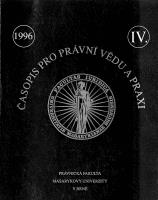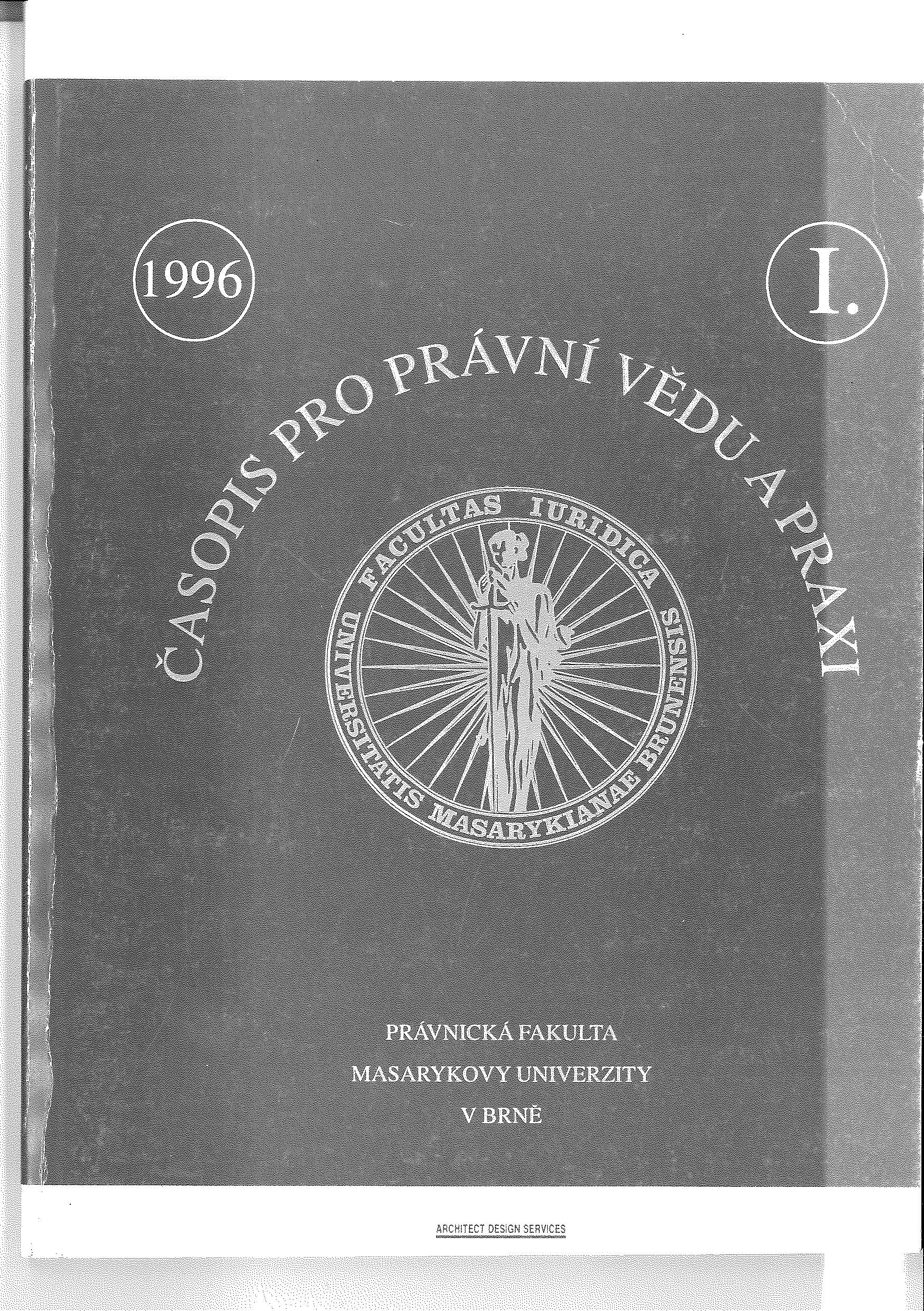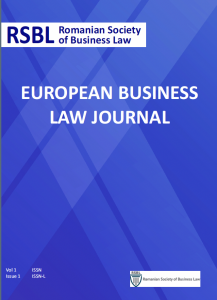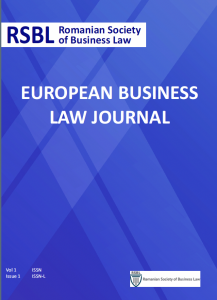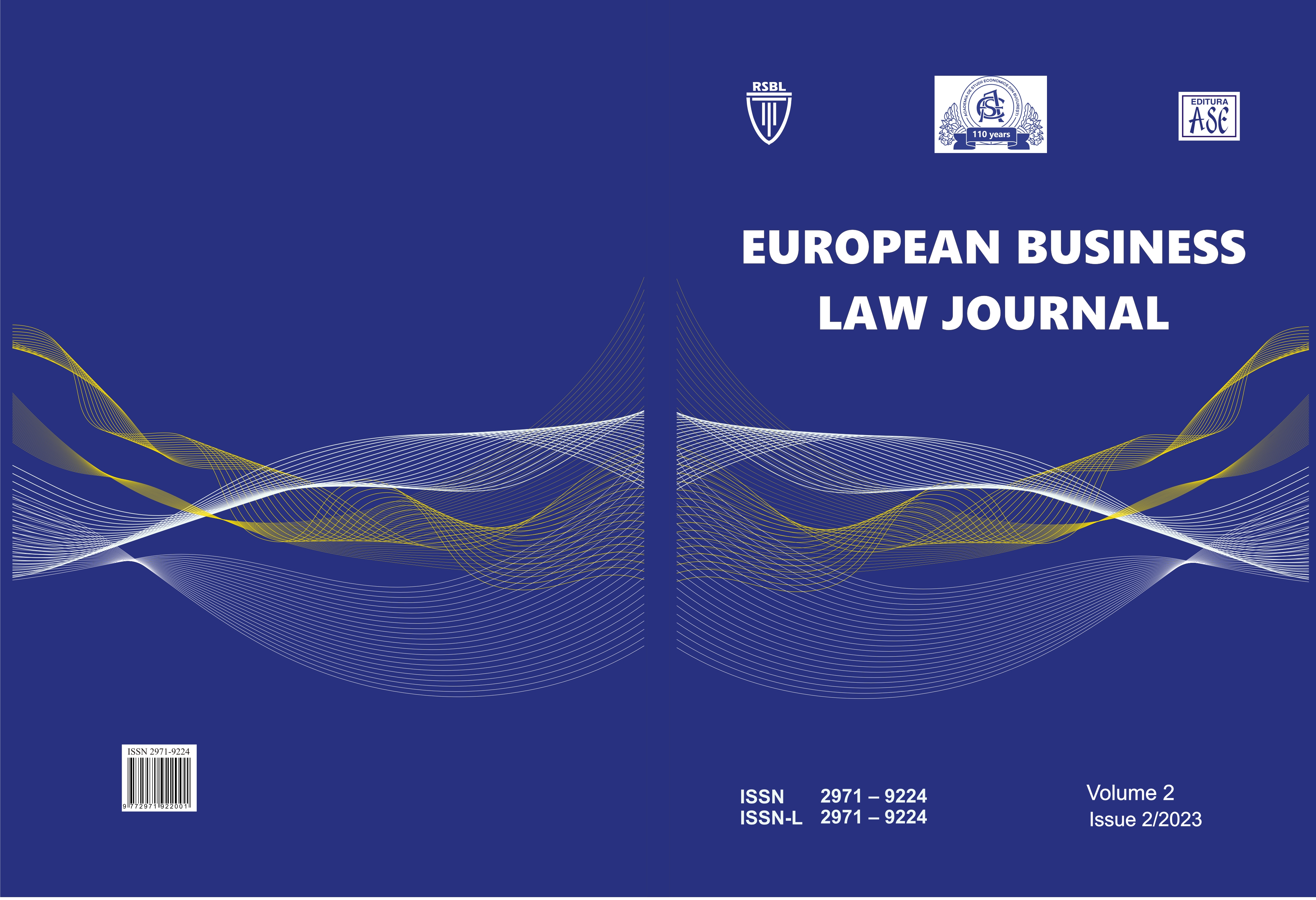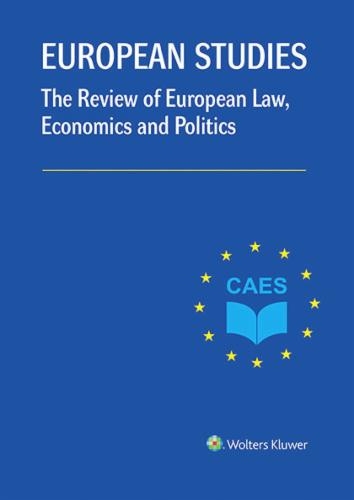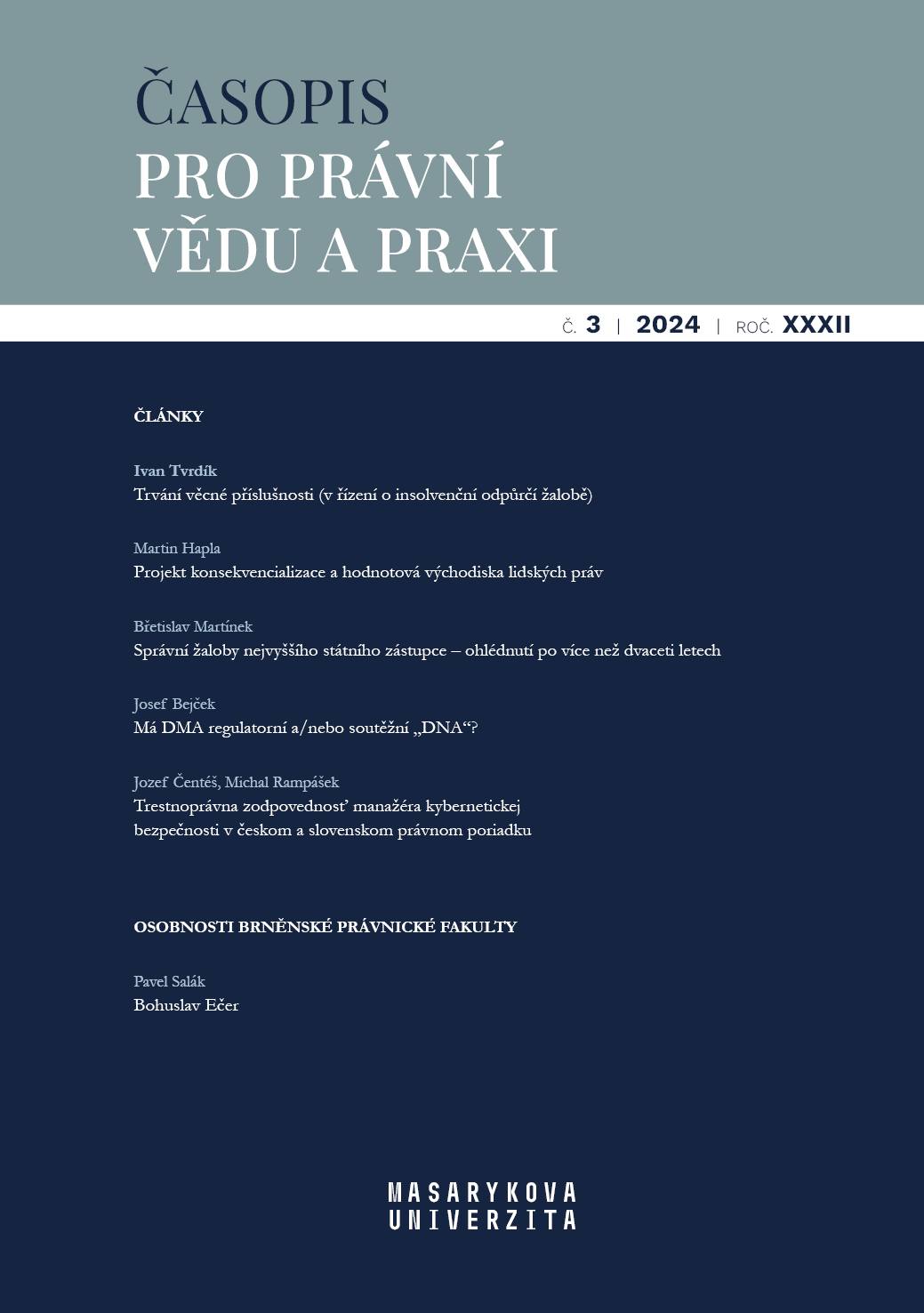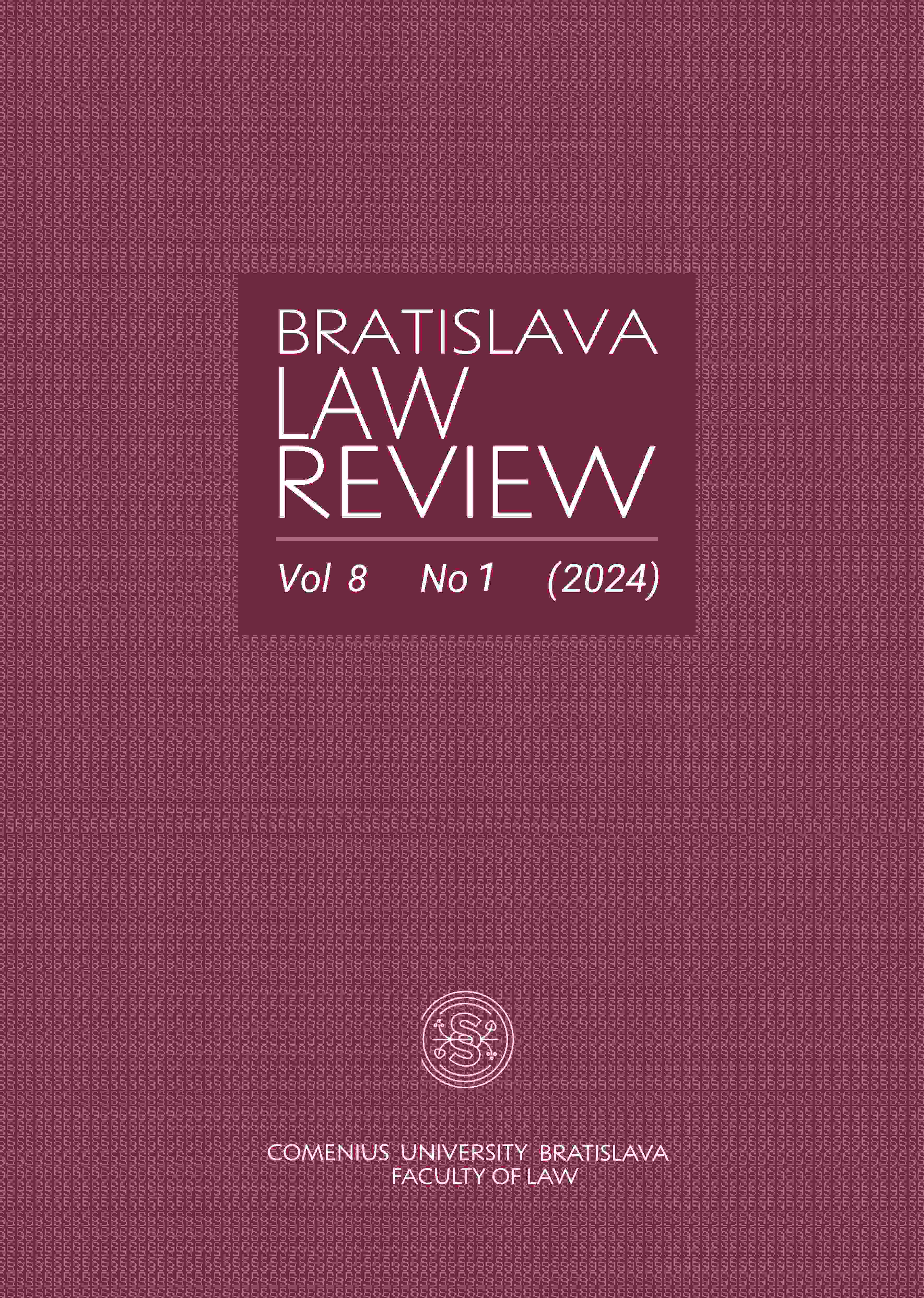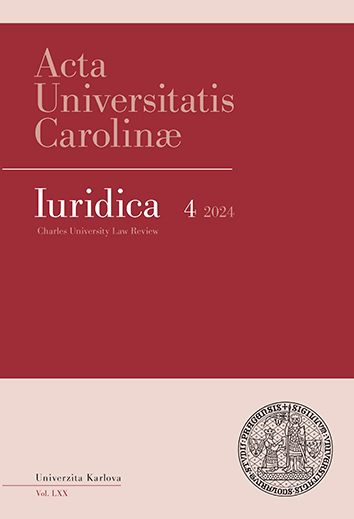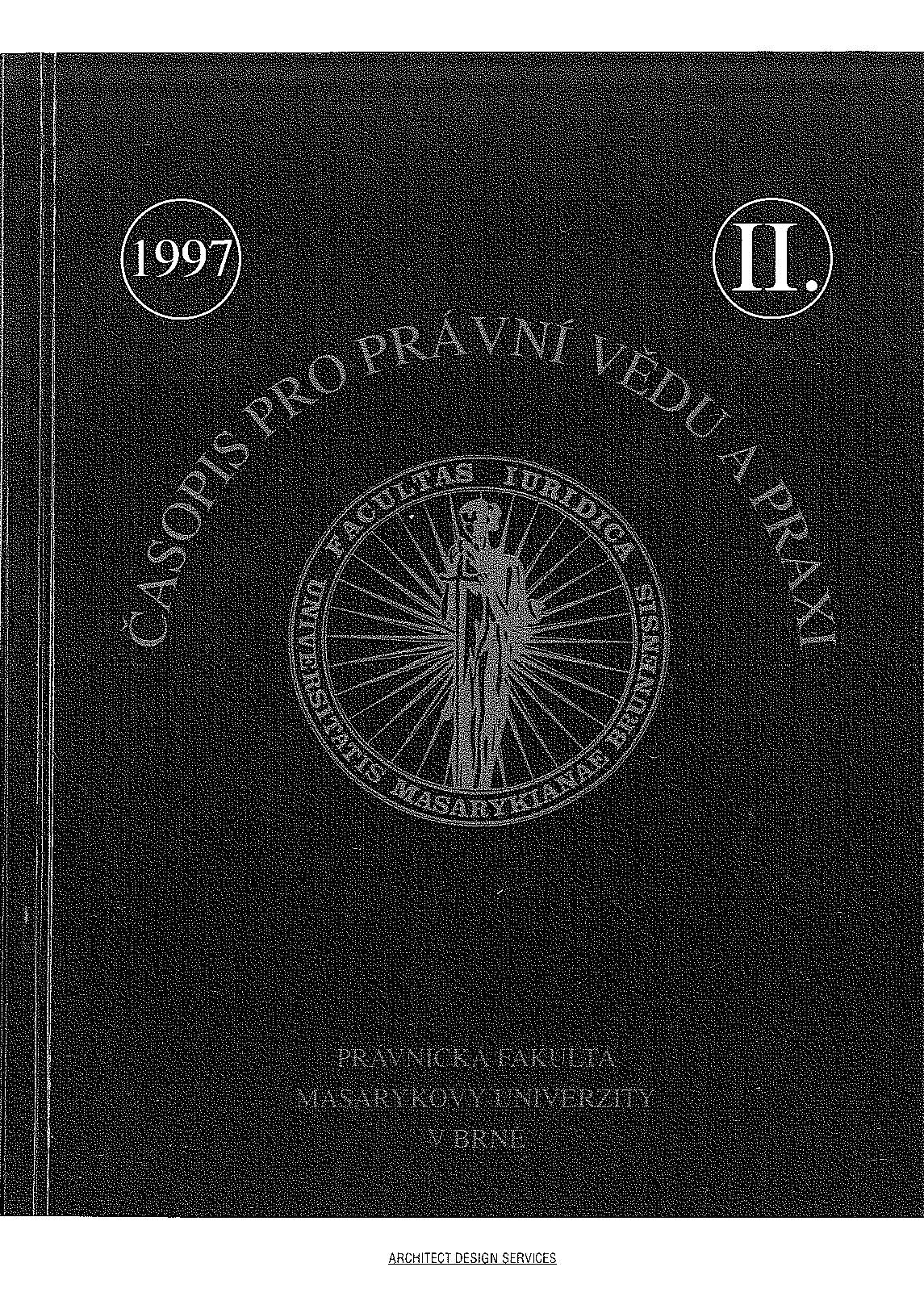
O povaze argumentu a argumentace
The article explores the nature of arguments and argumentation within legal theory and practice. It emphasizes the importance of understanding the true meaning of "argument" and "argumentation" to ensure reliable legal conclusions. The paper delves into the logical analysis of arguments, distinguishing between genuine arguments and mere assertions. It also examines the historical and philosophical roots of these terms, highlighting their varied applications in different contexts. The study underscores the role of rhetoric in legal argumentation, tracing its origins to classical figures like Cicero. Additionally, it discusses the practical and theoretical dimensions of argumentation, including its use in legal reasoning and decision-making. The article concludes by stressing the need for precise definitions and applications of arguments to enhance the credibility of legal judgments.
More...
